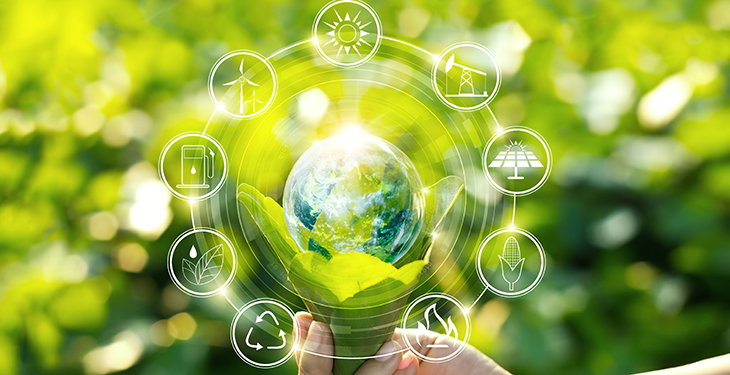The European Investment Bank (EIB) will no longer finance projects on fossil fuel energy production, which means more money will be directed towards green energy investments, and Romania will be able to benefit from this opportunity, said on Thursday, Andrew McDowell, vice-president of the institution, in a conference on investment financing, organized by the EIB in Bucharest.
The EIB recently announced that it will no longer fund fossil fuel projects from 2022.
Andrew McDowell was asked by journalists what this means for Romania, given that our country relies heavily on coal for energy security and plans to exploit huge deposits of gas in the Black Sea.
“I think it is important to look at this as an opportunity, not as a challenge. The EIB has provided EUR 2 billion so far for fossil fuels, and this money is now available for clean energy projects. We want to support every member states ambitions to accelerate their transition to clean energy and work closely with administrations to reduce gas emissions, which means greater capacity for renewable energy. We want to support these ambitions of Romania, so we want to see that the whole Green Deal of Romania is an economic opportunity,” said McDowell, according to Agerpres.
The Group of the European Investment Bank, composed of the European Investment Bank (EIB) and its subsidiary, the European Investment Fund (EIF), granted Romania 865 million euros in loans, guarantees, venture capital and microfinance in 2019, informs the Ministry of Public Finance (MFP).
